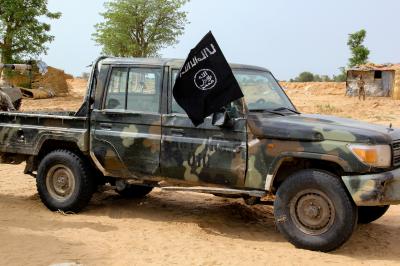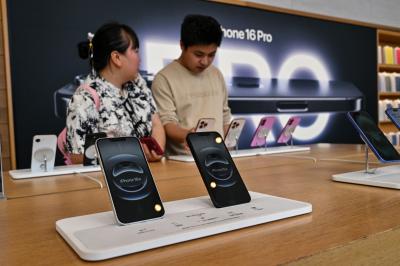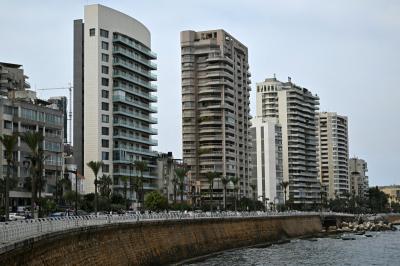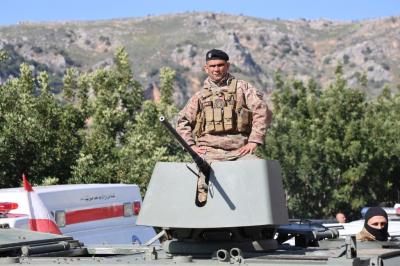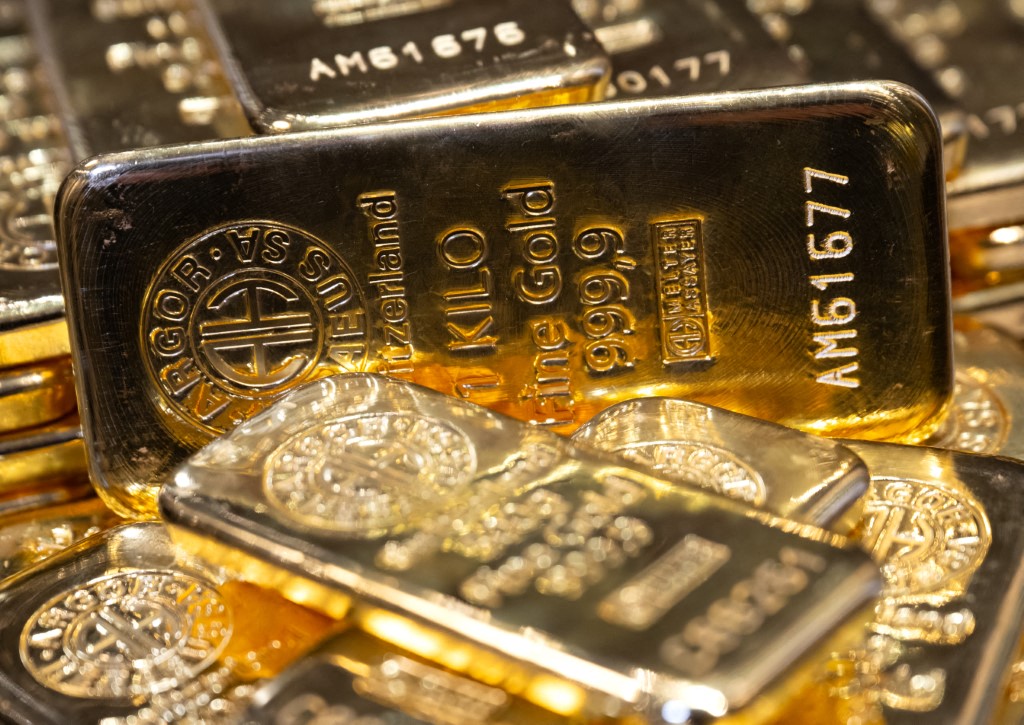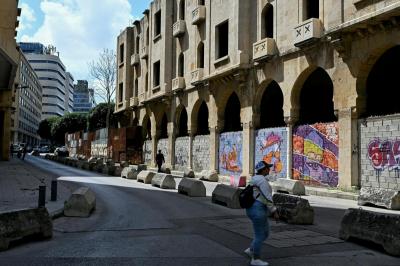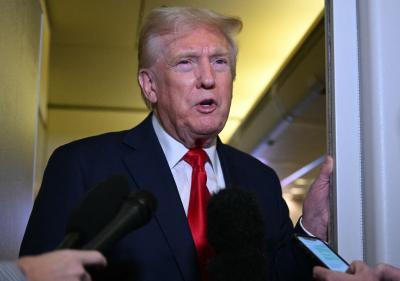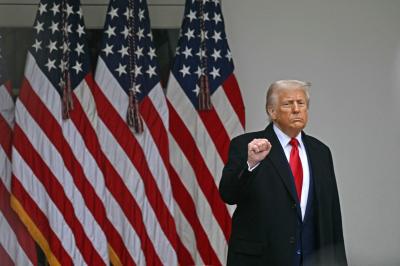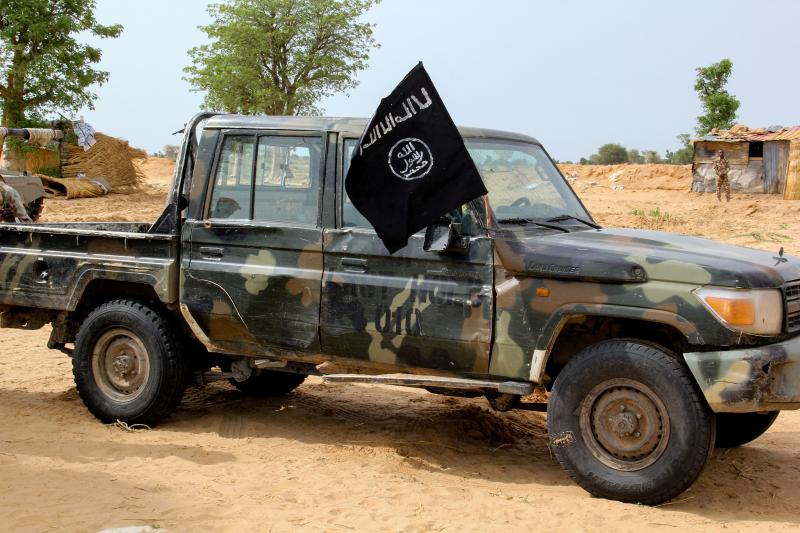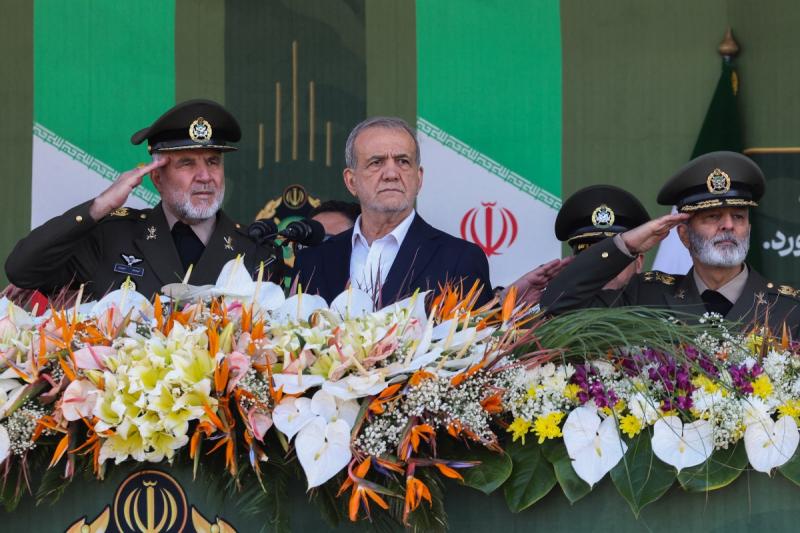As global gold prices soar to historic highs, a familiar chorus is growing louder in Lebanon: calls to liquidate part of the country’s gold reserves to jumpstart the collapsed economy. But behind this tempting proposition lies a harsh reality—an economic system so broken and corrupt that touching Lebanon’s "white penny" may do more harm than good.
A Temptation Rooted in Desperation
Just like a gambler betting his last chip in hopes of a turnaround, some Lebanese voices are pushing for the monetization of gold to fast-track recovery. With each uptick in gold prices, new proposals emerge: compensate depositors, pay off debt, or fund reforms. Yet these ideas ignore a fundamental truth—Lebanon’s economic model resembles a casino rigged for loss.
For decades, Lebanon’s gold—some 9.2 million ounces—sat quietly in the Central Bank’s vaults. But with the financial meltdown of 2019, it suddenly reemerged in public debate as a potential lifeline. Had the authorities sold the gold in January 2020, when the crisis began, they would have cashed out at just $14 billion. Today, with the ounce price climbing from $1,515 to over $3,390, those reserves are worth more than $31 billion.
Billions Burned With No Return
Some argue that injecting billions at the onset of the crisis could have jolted the economy back to life—perhaps avoiding sovereign default, halting the currency’s collapse, and preventing hyperinflation. Theoretically sound, this logic falls apart in practice. Lebanon’s economic decline wasn’t a sudden accident—it was a terminal condition, likened by some to cancer metastasizing through the system.
Between 2020 and today, over $50 billion were funneled into the economy with negligible impact:
- $12 billion in subsidies;
- $5 billion in Central Bank exchange platform profits;
- $30 billion in discounted debt repayments;
- Over $2 billion in World Bank loans and international aid.
The result? No sustainable recovery. Most of the funds were either squandered or used in ways that deepened the crisis—paid with depositors’ money, diminishing their chances of ever retrieving it.
Gold and Corruption: An Explosive Mix
"Under current conditions, using the gold reserves is not just ill-advised—it’s outright dangerous," says economist Dr. Elie Yachoui. While gold sales or leases are common tools in normal economies, Lebanon is no normal case. In a corrupt state where public funds routinely vanish, “liquidating gold would be like throwing it into a bottomless pit.”
Yachoui stresses that in principle, gold could be used as collateral or leased—but globally, these practices are rare and mostly ineffective. Gold’s true value lies in holding it—not selling or renting it. Central banks around the world are doing just that: accumulating. In 2023 alone, they bought 1,045 metric tons of gold—worth around $96 billion—shifting reserves away from the U.S. dollar amid global uncertainty.
A Precious Asset Best Left Untouched
Lebanon stands to lose twice if it parts with its gold now:
- It risks wasting its last financial buffer in a corrupt environment with no accountability or economic vision.
- It would forfeit future gains, as gold prices continue to climb. In the time it took to write this article, the price per ounce jumped $10.
Instead of chasing short-term fixes, Yachoui advocates for structural reforms—starting with the country’s Monetary and Credit Law, the Central Bank, and the national budget, followed by banking sector reform. “Without judicial accountability, none of this will work,” he warns.
Legally, Lebanon’s gold is untouchable. Law 42 of 1986 prohibits its sale or use. And even if the law were amended, spending the gold would be a mistake not because it couldn’t help—but because in today’s Lebanon, once it’s gone, it’s gone for good.
 French
French

